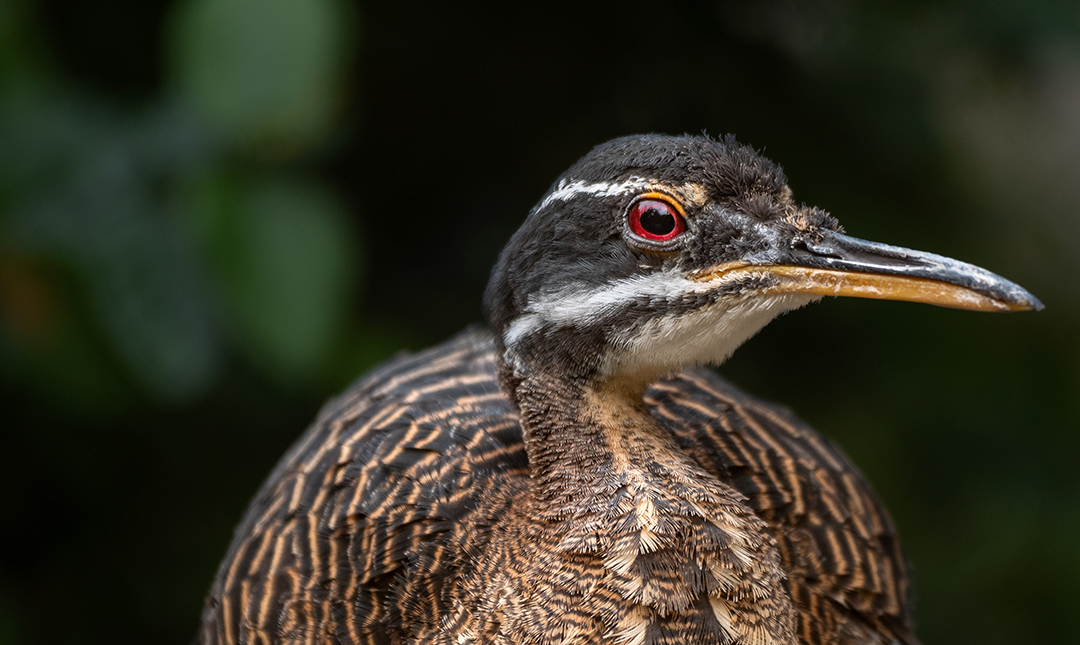Highly Pathogenic Avian Influenza (HPAI) FAQ
What is HPAI?
Highly pathogenic avian influenza, also known as “bird flu,” is a highly contagious virus that infects wild and domestic birds, such as birds in the same family as chickens, cranes, condors, raptors, and crows. It’s typically spread by wild birds during seasonal migrations.
HOW IS HPAI transmitted?
The H5N1 strain of HPAI is primarily spread by migratory birds, especially waterfowl, through secretions or droppings that contaminate water and food consumed by other birds. Transmission can also occur through cross-contamination from humans or other animals that have had direct contact with an infected bird or droppings.The most vulnerable species are those in the same family as chickens, cranes, condors, raptors, and crows.
What is the L.A. Zoo doing to keep birds safe?
The care and wellbeing of the animals in our care is a top priority. Since its emergence of HPAI in the United States in 2022, the Los Angeles Zoo has been working closely with government partners to closely monitor transmission and risks associated with spread of the virus. The Animal Care and Veterinary Teams continuously monitor the birds in the Zoo’s care and have adjusted biosecurity protocols to best limit exposure to the virus. The Zoo has limited access to its bird collection to essential staff only and may take additional steps including temporary exhibit closures or relocation of some bird species as the situation continues to evolve.
Are people at risk from avian flu?
The Centers for Disease Control and Prevention states that the risk to the general public is considered to be very low, and advises people to avoid direct contact with birds and their waste in order to stay healthy.
For more information, visit the CDC page for Information on Bird Flu.

